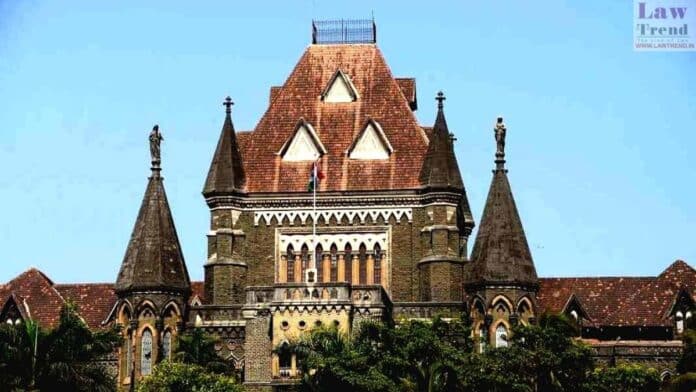The Bombay High Court has ruled that Indian citizens do not have a fundamental right to adopt a child of foreign nationality—such as a U.S.-born child—even if the child is a relative and residing with the prospective adoptive parents in India, unless the child qualifies under specific categories defined by law.
A division bench of Justices Revati Mohite Dere and Neela Gokhale made the observation while dismissing a petition filed by an Indian couple who sought to adopt their relative’s U.S.-born son. The couple had brought the child to India in 2019 when he was only a few months old and had been raising him ever since.
The Court emphasized that the Juvenile Justice (Care and Protection of Children) Act, 2015, and the associated Adoption Regulations, do not permit adoption of a foreign national child unless the child is either “in need of care and protection” or is a “child in conflict with law.”
“There is no provision in the Juvenile Justice Act nor the Adoption Regulations providing for adoption of a child of foreign citizenship even between relatives unless the child is in need of care and protection or a child in conflict with law,” the bench said.
The Central Adoption Resource Authority (CARA) had earlier denied registration to the couple as prospective adoptive parents on these very grounds, stating that the child, being a U.S. citizen, must be first adopted under American law before any procedure in India could commence.
The Court also clarified that there was no violation of any fundamental right of the couple or the child in this case. “There is no fundamental right to adopt a child of foreign nationality under Indian law,” the bench stated, declining to exercise its extraordinary jurisdiction to permit the adoption.
The judgment highlights the importance of following international adoption protocols, even in cases involving close relatives. The couple has been directed to pursue adoption under U.S. law and then apply for recognition of the adoption in India through the appropriate legal channels.




